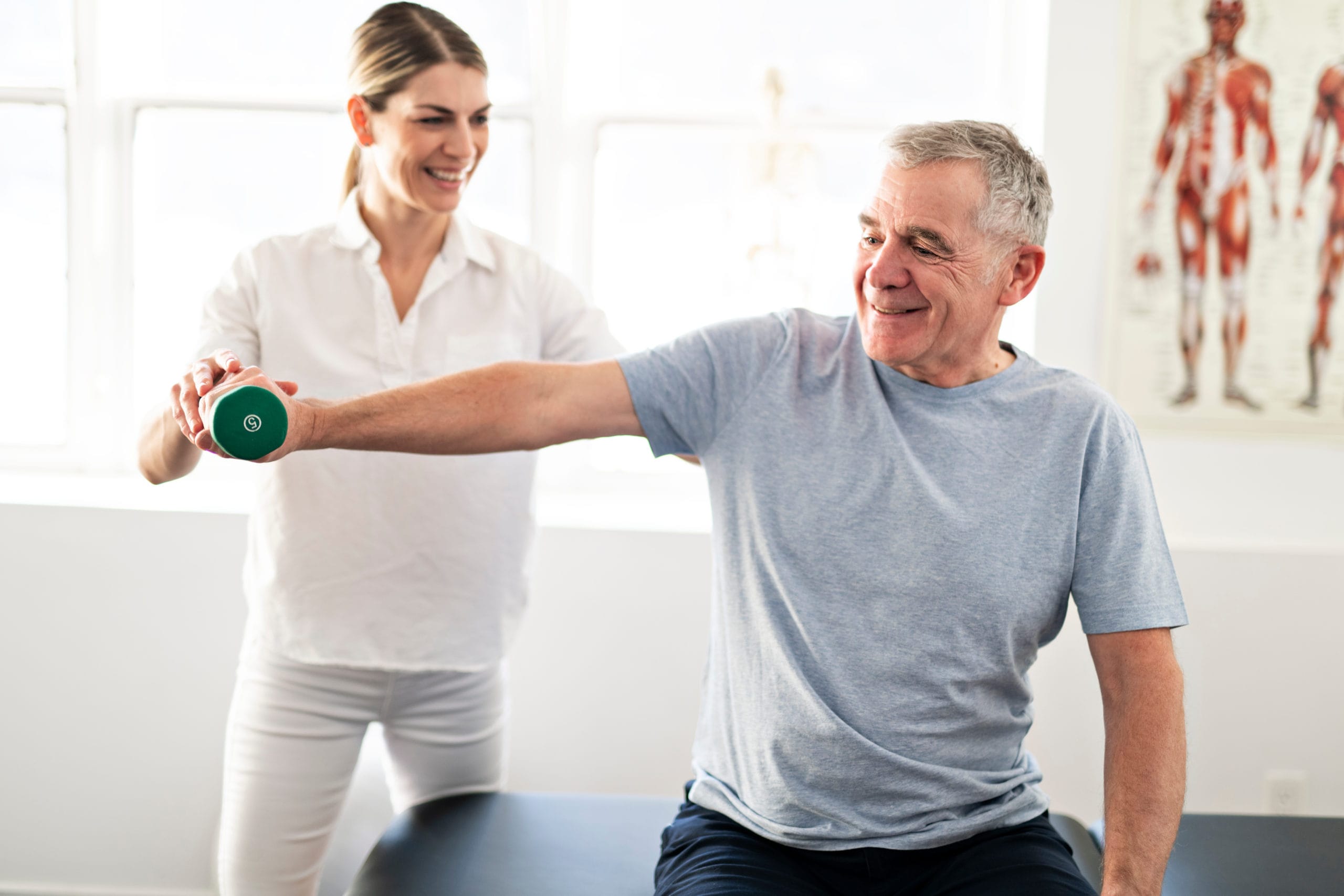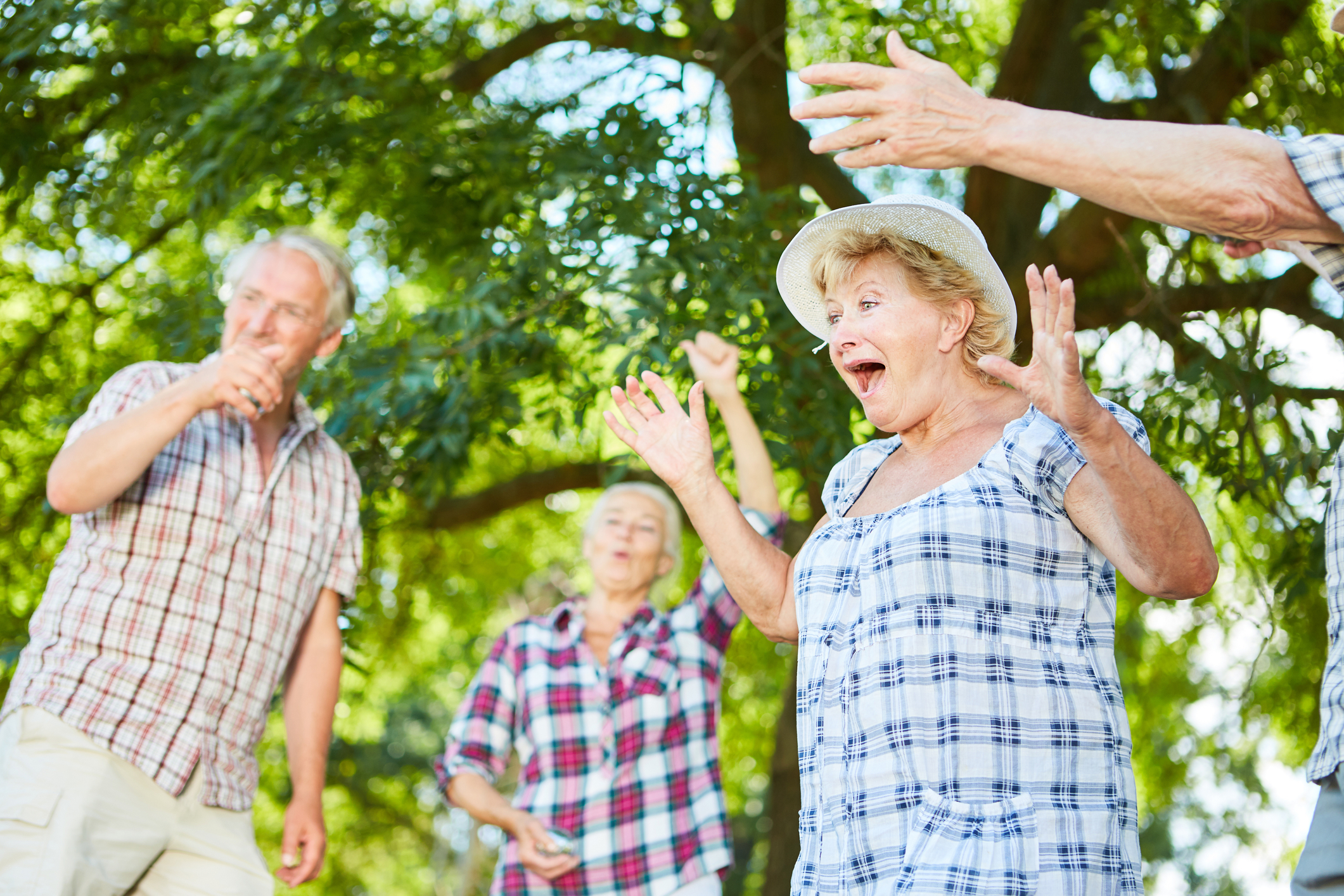Parkinson’s Disease Self-Care Habits and Tips

Did you know that some experts speculate that roughly 1 million people in the United States are currently living with Parkinson's disease (PD), according to the National Institutes of Health? That means that managing this condition with a professional care team is critical for plenty of Americans. But just as important is self-care, which many individuals with PD may neglect.
If you or a loved one is living with PD, don't forget your own mental health needs. The following self-care tips and tricks may help you gain a better feeling of control over your own health.
About Parkinson's Disease
Before discussing how to care for Parkinson's, it's necessary to know a little about this disease.
Parkinson's disease is a chronic condition, meaning it is lifelong and progresses over time. Its most noticeable symptoms are tell-tale tremors of the hands, arms, and face, along with other motor-related signs like muscle stiffness, slow movement, and balance impairment.
PD doesn't just affect the nervous system, though. Other symptoms of Parkinson's include:
- Anxiety
- Drooling
- Hallucinations
- Incontinence
- Sleep problems
- Difficulty speaking
- Difficulty swallowing
While there is currently no cure for this condition, treatment options include:
- Medications to manage various symptoms, especially tremors. One of the most popular drugs for managing PD is levodopa.
- Focused ultrasound surgery to help improve motor skills.
- Speech therapy to help manage difficulties related to talking and communication.
- Deep brain stimulation to improve motor-related symptoms and decrease the need for medications.
- Self-care and wellness activities to boost mental health and some balance-related issues.
Self-Care and Wellness Tips for People Living with Parkinson's
A major part of the treatment of Parkinson's? Self-care.
Taking charge of your health can greatly empower and improve your quality of life, especially if you live with PD.
For Motor Symptoms
The following can help slow disease progression and improve motor symptoms:
Enjoying Physical Exercise
Regular exercise is key for managing movement disorders, including PD, and should include both strength training and aerobic (cardio) workouts. Physical activities that are particularly great for people living with PD include tai chi and dancing. Getting involved and active doesn't have to be intimidating, either. Some organizations like Dancing with Parkinson's, for example, offer free online dance classes every single day for people of all skill levels and abilities.
Besides improving movement-related symptoms, physical activity is also great for boosting mood, and participating in group exercise classes can help foster a sense of community.
Taking Medications
It may not seem like it, but taking medications can absolutely be an important aspect of self-care. Taking medications means that someone recognizes that they deserve to feel better and can also provide a sense of control over their Parkinson's.
Levodopa is the number one drug for managing PD-related motor symptoms, although this medication isn't perfect. Some individuals may develop side effects like dyskinesia (uncontrolled movement) after taking levodopa for long periods of time. Fortunately, there are plenty of other medications that can improve the quality of life for people living with Parkinson's. Amantadine, entacapone, and benztropine are just a few of these medications that may help.
For Non-Motor Symptoms
Many people know Parkinson's for its motor-related symptoms, but PD is much more than that, which means treatment needs to go beyond managing just motor symptoms. Other ways individuals living with PD can practice self-care and wellness include the following.
Participating in Support Groups
Experiencing conditions like Parkinson's disease can feel isolating, leading to feelings of depression and anxiety. Joining a support group for people living with PD can help individuals with this condition feel less alone, build a sense of community, and even learn new ways to manage their condition.
The following are just a few support groups for people living with Parkinson's disease:
Attending Self-Management Education Courses, Webinars & More
Knowledge is power, and patient education can help anyone living with PD feel empowered. Patient education includes learning how to manage side effects of this chronic disease and become more self-sufficient.
Some webinars that people living with Parkinson's may find helpful include:
Taking Medications for Other Symptoms
Managing motor-related symptoms is only one part of managing Parkinson's; neglecting to manage non-motor symptoms can negatively impact mood and self-esteem. Medications that many people living with PD find useful include:
- Laxatives or fiber supplements for constipation.
- Trihexyphenidyl and glycopyrrolate for drooling.
- Melatonin for sleep issues.
- Oxybutynin for incontinence.
Practicing Good Mental Health Habits
Fluctuations in mood are common concerns for Parkinson's patients, which means that a focus on psychiatry and mental health should be a part of the individual's healthcare plan. Taking time to relax, journal, walk, or any other pleasurable activity can go a long way to improving mental health concerns.
Self-Care Tips for Caregivers and Family Members
Being the caregiver or loved one of someone living with this chronic illness can take its toll on anyone's mental health. If you are a carer or family member of someone living with PD, know that your well-being is important too.
Joining a Support Group
Many PD support groups are open to anyone affected by this disease, not just those who have been diagnosed with Parkinson's. Joining a support group can help your whole family heal and manage the ups and downs that come with a Parkinson's diagnosis.
Staging Self-Management Interventions
Sometimes people with PD refuse to accept care graciously or follow doctor's orders for a variety of reasons. While it's important to validate the concerns of the person living with Parkinson's, it's also important that they not shut themselves away and refuse help. In such cases, it may be necessary for family members to stage an intervention to help the person living with PD to accept help and take charge of their health.
Promoting Independence at St. Andrew's
St. Andrew's believes in empowering each resident that enters our network. For people living with Parkinson's disease, that means learning about their needs and goals, so that our entire team can work with them to develop an effective management strategy.
Contact us to learn more about how the team at St. Andrew's works with families and residents to manage Parkinson's disease and other chronic conditions.







